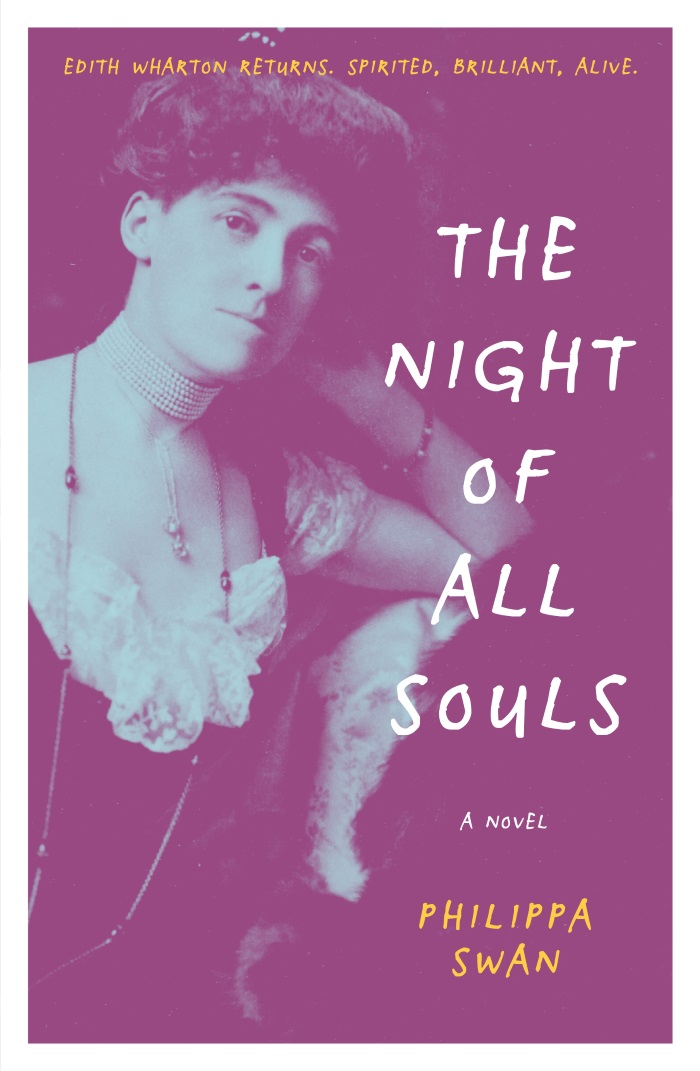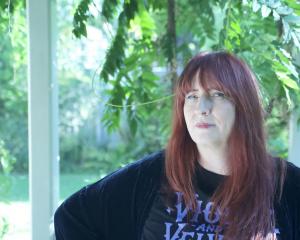THE NIGHT OF ALL SOULS
Philippa Swan
Penguin Random House
REVIEWED BY ANNE STEVENS
Edith Wharton: American writer, member of the upper class New York aristocracy, first female winner of the Pulitzer Prize. Several of her books were made into movies, most notable perhaps was The Age of Innocence.

This though was common knowledge, what was not was the real nature of her relationship with Walter Berry and her passionate affair with Morton Fullerton. Edith wrote Morton hundreds of love letters and it is these that form the core of Philippa Swan’s story.
Edith died on August 11, 1937. She had always been concerned with preserving an image of herself, one she knew would be completely destroyed by disclosure of her relationships. To that end she had arranged the destruction of her diary. Some years earlier she had written to Morton asking for her letters to be returned but he never obliged and sent her a note: “The letters survive, and everything survives.” The letters are the basis of a novella written about Sara, a thinly disguised Edith. How does Edith know about this novella given she is dead? Edith is brought back to life for a single night, seated in a shabby room with a number of characters from her past, Walter included.
The dilemma for Edith becomes whether to throw the novella in the fire and preserve her reputation but slip into the forgotten writers of an earlier century or revive interest in Wharton the writer, as revealed in the novella. This conundrum wracks Edith throughout The Night of All Souls as the novella is read in parts, interspersed with exchanges between the people in the room, several of whom Edith dislikes. This is a clever device to allow the story to unfold in unexpected directions.
Morton is not present in person but he dominates in spirit. The final image is of a man calculating and cruel in his ambition and manipulative of others to that end. The suggestion is that Edith was somewhat haughty and arrogant in life but that is not the portrayal of her in this dull, badly lit room with her rather unsympathetic friends. She appears troubled, lonely and sad. She was clearly an amazingly productive writer, envied and resented by others less capable or fortunate.
Swan’s writing is of an extraordinarily high standard, it is impeccably researched and the story flows brilliantly despite multiple layers and intricacies.
Anne Stevens QC is a Dunedin barrister













